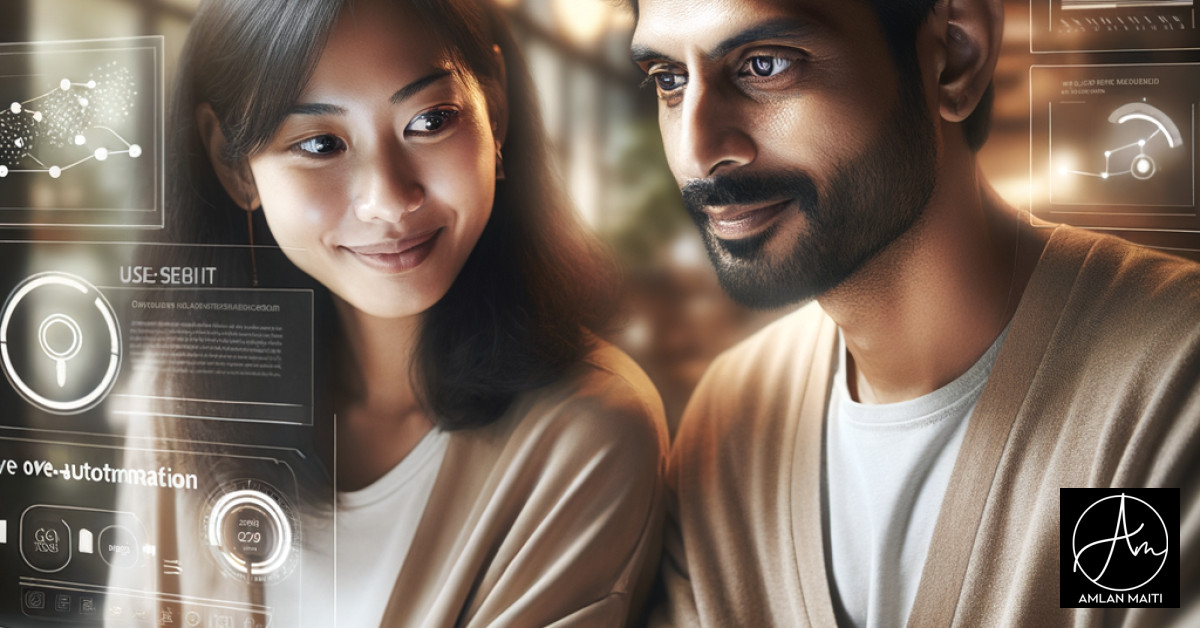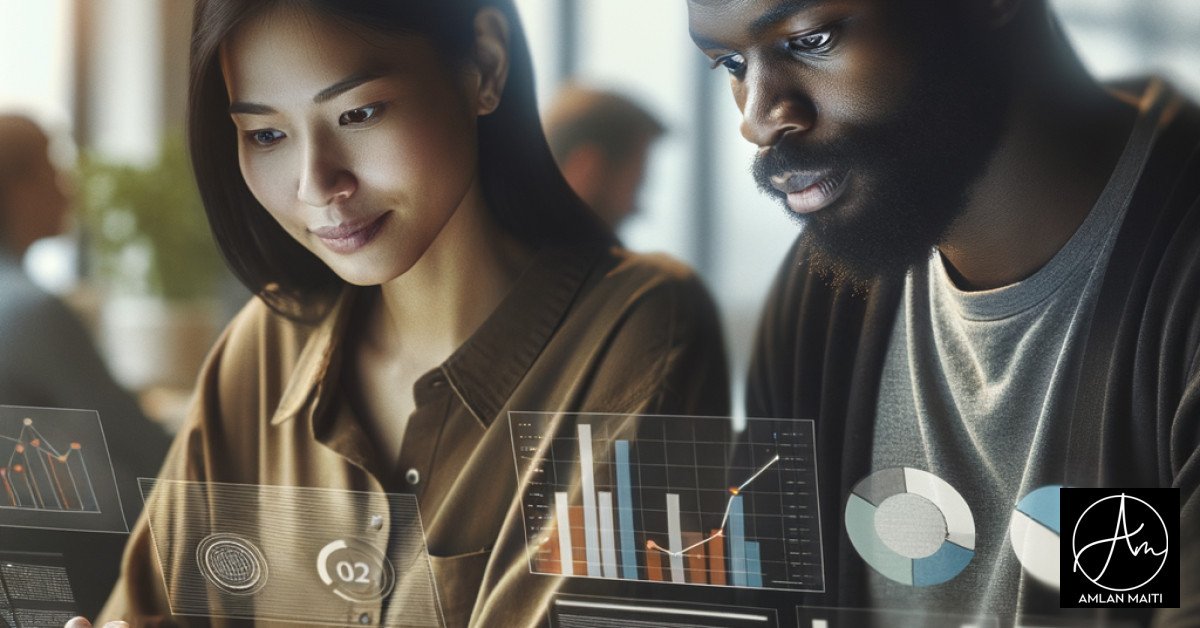
In the rapidly evolving landscape of digital marketing, understanding the ROI from AI automation is crucial for businesses aiming to maximize their marketing efforts. As AI technologies become more integrated into marketing strategies, identifying the right metrics to measure success is essential. This blog post delves into the key metrics that matter when evaluating the effectiveness of AI-driven campaigns.
Understanding AI-Driven Marketing ROI
AI-driven marketing is transforming how businesses approach customer engagement and campaign optimization. By leveraging AI, companies can achieve a higher degree of personalization, real-time analytics, and seamless integration across multiple channels. However, measuring the success of these campaigns requires a nuanced understanding of specific metrics.
Key Metrics for Measuring AI Campaign Success
- Conversion Rate: This metric measures the percentage of users who take a desired action, such as making a purchase or signing up for a newsletter. AI can enhance conversion rates by delivering personalized content that resonates with individual users.
- Customer Lifetime Value (CLV): CLV estimates the total revenue a business can expect from a single customer account. AI helps in predicting and increasing CLV by analyzing customer behavior and preferences.
- Cost Per Acquisition (CPA): CPA calculates the cost of acquiring a new customer. AI-driven strategies can optimize ad spend and reduce CPA by targeting the right audience with precision.
- Engagement Metrics: These include likes, shares, comments, and time spent on content. AI tools can analyze these metrics to refine content strategies and improve user engagement.
- Real-Time Analytics: AI provides real-time insights into campaign performance, allowing businesses to make immediate adjustments and optimizations.
Tool Spotlight: AI Tools for Measuring Campaign ROI
Tools like Google Analytics and HubSpot are instrumental in tracking and analyzing campaign performance. Google Analytics offers comprehensive insights into user behavior and traffic sources, while HubSpot provides detailed reports on lead generation and conversion rates. These tools help businesses make data-driven decisions to enhance their marketing strategies.
Real-World Example: AI in Action
A leading e-commerce company implemented AI-driven personalization in their email marketing campaigns. By analyzing customer data, they tailored product recommendations to individual preferences, resulting in a 25% increase in conversion rates and a 15% reduction in cart abandonment. This success highlights the power of AI in enhancing customer engagement and driving sales.
FAQs
What is the most important metric for measuring AI campaign success?
While several metrics are important, the conversion rate is often considered the most critical. It directly reflects the effectiveness of a campaign in turning prospects into customers.
How does AI improve customer engagement?
AI enhances customer engagement by delivering personalized content and experiences. It analyzes user data to understand preferences and behaviors, allowing businesses to tailor their messaging accordingly.
Can AI help reduce marketing costs?
Yes, AI can optimize marketing spend by targeting the right audience with precision, reducing waste, and improving the efficiency of ad campaigns. This leads to a lower Cost Per Acquisition (CPA).
What role does real-time analytics play in AI marketing?
Real-time analytics provide immediate insights into campaign performance, enabling businesses to make quick adjustments and optimizations. This agility is crucial for maximizing ROI and staying competitive.
How can businesses ensure data privacy in AI campaigns?
Businesses must comply with regulations like GDPR and implement robust data protection measures. Transparency with customers about data usage and obtaining explicit consent are essential for maintaining trust.
Conclusion
Measuring the ROI of AI automated campaigns requires a comprehensive understanding of various metrics. By focusing on conversion rates, customer lifetime value, and real-time analytics, businesses can effectively evaluate and enhance their marketing strategies. As AI continues to evolve, staying informed about the latest trends and tools is essential for achieving success in the digital marketing landscape.
Blog Development Credits
This blog post was developed with insights from Amlan Maiti, an AI-Powered Digital Marketing & SEO Consultant, and optimized by Digital Piloto. Research was conducted using AI tools like ChatGPT and Google Gemini to ensure accuracy and relevance.
Related Articles
08 February 2026
Over-Automation: When You Lose the Human Touch in Marketing
In the rapidly evolving world of digital marketing, the integration of AI and automation has become a double-edged sword. While…
07 February 2026
Your Content Might Be AI-Compatible, But Is It AI-Trusted?
In the rapidly evolving digital landscape, businesses are increasingly relying on AI to enhance content creation. While AI can significantly…
06 February 2026
Data Privacy Failures in Marketing: Lessons from Recent Cases
In today’s digital age, the intersection of data privacy and marketing has become a critical concern for businesses worldwide. As…

Get In Touch
Initiate your digital marketing journey by filling out this form.








